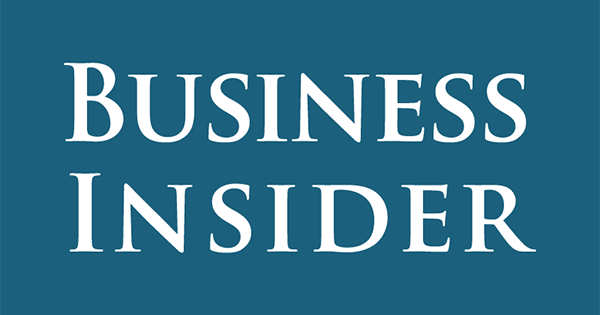
Paying off debt shouldn’t become so depressing that you stop working on it.
Many financial experts advise paying off high-interest credit card debt before doing anything else with your money.
But while this strategy makes sense on paper — Of course it’s better to get debt out of the way as quickly as possible before it accrues interest! — it’s often hard to stay motivated to continue chipping away at it while your savings account sits stagnant at a big fat zero.
“In the real world, when I work with people who pay just their debt down and they don’t save at the same time, what ultimately happens is after a year or two — because they don’t see their net worth growing and they’re only working on something negative — is it’s depressing,” bestselling author David Bach, who is releasing an updated version of his hit book “The Automatic Millionaire” this December, told Business Insider during a Facebook LIVE. “They lose the motivation to keep doing it.”
Instead of concentrating only on the unfavorable side of things (the debt), Bach recommends refocusing a portion of your income on something positive, such as building up your savings or emergency fund.
Let’s say you have an extra $100. Instead of putting the entire amount toward your credit card bill, dedicate $50 to paying off debt and put $50 in savings.
“Here’s what happens: The debt starts to shrink, your savings start to grow,” Bach explains. “You see yourself making progress — that will keep motivating you to keep going.”
At the end of the day, it’s better to consistently pay back your credit card debt over time than to lose your motivation and give up altogether. As long as you’re still making the rest of the money work for you, that is.

add a comment
+ show Comments
- Hide Comments